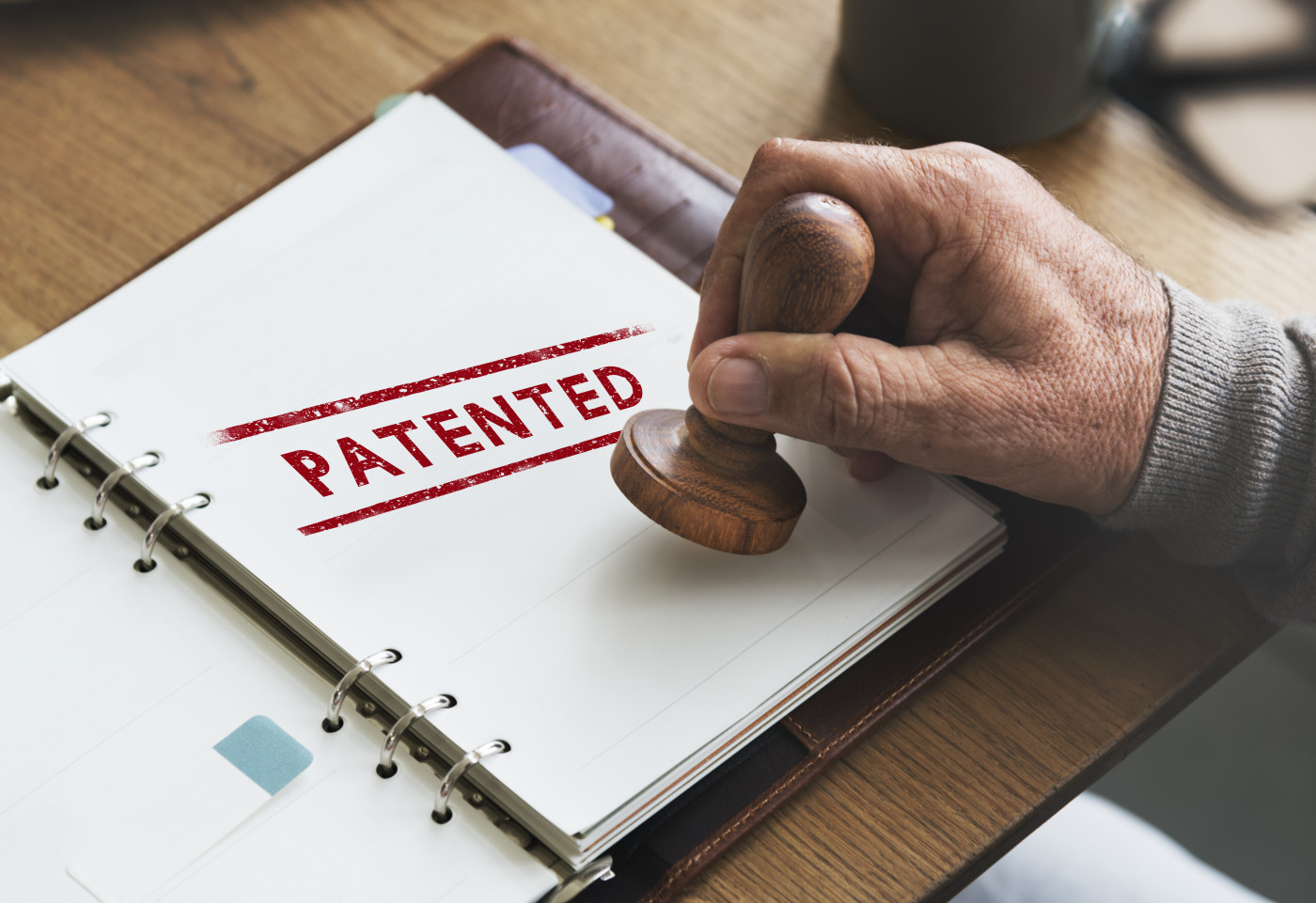Japan Grants Patent to Brainstorm Covering Technique for NurOwn
Written by |

The Japan Patent Office has granted a patent to Brainstorm Cell Therapeutics covering the proprietary technique that generates the company’s cell-based therapy NurOwn from mesenchymal stem cells (MSCs).
Through this technique, researchers can harness MSCs directly from a patient and mature them into cells that produce high levels of neurotrophic factors, which are compounds that promote nervous tissue growth and survival. NurOwn is being investigated as a treatment for amyotrophic lateral sclerosis (ALS) and multiple sclerosis (MS).
“We are extremely pleased with the continued development of our patent portfolio protecting our technology through strategic intellectual property achievements,” Chaim Lebovits, CEO of Brainstorm, said in a press release. “This new patent grant from the Japanese Patent Office is an important addition to our IP [intellectual property] portfolio for the NurOwn technology and is an important element of our business strategy.”
The underlying process of the NurOwn production requires the collection of a bone marrow sample from patients. The bone marrow contains MSCs, which typically are responsible for the production of bone cells, cartilage, muscle, fat cells and connective tissue.
Once the MSCs are collected, scientists guide their transformation into cells that produce high levels of neurotrophic factors. Called MSC-NTFs, these are the therapeutic cells used in NurOwn, and the technique for producing them is what BrainStorm has patented.
NurOwn is an autologous therapy, meaning that cells are derived from the same patient for which they are being used as a treatment. This avoids the potential risk of an immune response to the treatment.
Researchers at Brainstorm are able to engineer MSC-NTFs that can secrete four different types of neurotrophic factors: brain derived neurotrophic factor (BDNF), glial derived neurotrophic factor (GDNF), hepatocyte growth factor (HGF), and vascular endothelial growth factor (VEGF).
Brainstorm is currently running a Phase 3 clinical trial (NCT03280056) to investigate the safety and effectiveness of NurOwn as a potential treatment for ALS, after it showed the ability to slow disease progression in patients with fast-progressing disease in a Phase 2 trial (NCT02017912).
In the Phase 3 trial, which is fully enrolled, 200 patients with ALS receive a total of three intrathecal (into the spinal cord) injections of either NurOwn or a placebo at two-month intervals. NurOwn is administered at a dosage of 100-125 million MSC-NTF cells.
The intrathecal administration of the cells ensures they are being delivered directly into the nervous system, such that they can secrete neurotrophic factors and cytokines, molecules that regulate immune system response, in areas that are damaged from ALS.
Researchers will evaluate the effectiveness of the treatment by using the revised amyotrophic lateral sclerosis functional rating scale (ALSFRS-R), which assesses daily life abilities such as swallowing, speaking, dressing and washing oneself, climbing stairs, and turning over in bed.
Samples of blood and cerebrospinal fluid (CSF), the liquid surrounding the brain and spinal cord, also will be collected from patients following the transplants, to evaluate biomarkers like neurotrophic factors and cytokines in response to the treatment.
The study is designed to support the potential filing of a biologics license application with the U.S. Food and Drug Administration (FDA) requesting the approval of NurOwn for the treatment of ALS. The FDA previously designated NurOwn as an orphan drug, which provides incentives for the development of a treatment for a rare disease.
The FDA gave clearance to Brainstorm to launch a Phase 2 clinical trial (NCT03799718) investigating MSC-NTFs as a treatment for MS; its first patient was enrolled in March 2019.
With the approval of the patent application in Japan, Brainstorm now has patented the NurOwn technology in the U.S., Europe, Israel, Hong Kong, and Japan. The approval will allow Brainstorm to enter partnerships to commercialize NurOwn in Japan.
“Having our cell therapy product patented in Japan will increase our ability to enter into new commercial partnerships for NurOwn in Japan,” said David Setboun, executive vice president and chief operating officer of Brainstorm.
The patent, number 6,753,887, is titled “Methods of Generating Mesenchymal Stem Cells which Secrete Neurotrophic Factors.”





